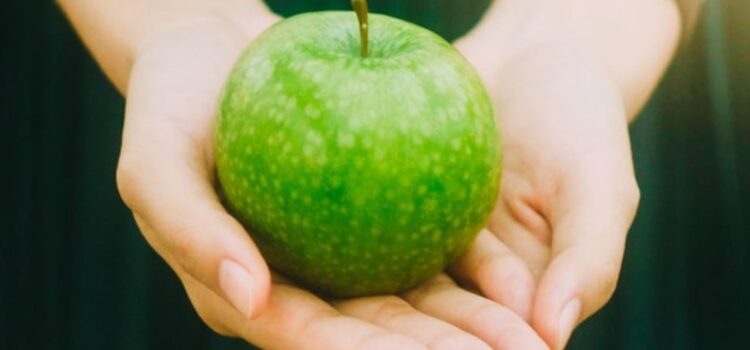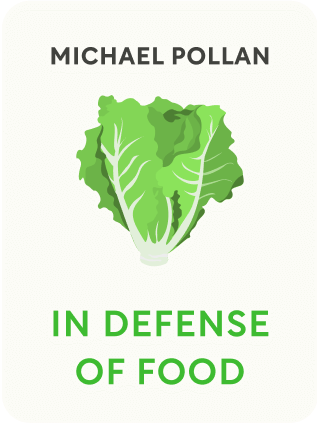

This article is an excerpt from the Shortform book guide to "In Defense of Food" by Michael Pollan. Shortform has the world's best summaries and analyses of books you should be reading.
Like this article? Sign up for a free trial here .
Looking for ways to ramp up your nutrition? What are the most nutrition-dense foods out there?
You don’t need to read nutrition labels on all the foods laid out on the shelves of the grocery store to pick out the foods that contain the most nutrients. In fact, if you want to get more nutrients from your diet, it’s best to avoid foods with nutrition labels altogether.
Here are some tips on how to get more nutrients from your diet and they don’t require you to read a single nutrition label on foods’ packaging.
Nutrition Doesn’t Have to Be Complex
Whether you eat plants or plants and animals, diversifying the species of each will help you get more nutrients from your diet. Eating a wider variety of foods also helps support farm biodiversity, which reduces the need for pesticides and soil enhancements that trickle up the food chain. Both of these results support your health.
Here are three simple tips on how to get more nutrients from your diet.
Tip 1: Eat Real Food Grown in Good Soil
Eating foods grown in good soil is not as simple as eating organic foods. There is a tendency to equate the word “organic” with health, but this is not always the case.
Processed organic food is not much different than processed conventionally grown foods. Organic cookies and organic soda are still cookies and soda. Your body must deal with the imitation ingredients the same way regardless of soil.
Real food is a different story. Organic real food shows higher values of antioxidants, vitamins, and other nutrients than its conventional counterparts. However, organic food loses some of its nutritional quality when it travels great distances to reach your store. There are many local farms and ranches that may not fit into the government-issued standards for certified organic that still grow and raise quality food. And they likely provide different species than those found on commercial farms.
Tip 2: Eat Food Grown in the Wild
Foods existing in the wild are responsible for their own preservation without human interference. Because of this, wild greens are some of the most nutritious food there is. They contain more phytochemicals, which is what helps plants ward off pests and diseases and have many antioxidant and anti-inflammatory properties.
Wild game is also more nutritious because it has more omega-3s and less saturated fat from a lifestyle of eating plants and roaming. Grass-fed beef comes close to resembling the nutritional value of wild game.
Wild-caught fish are also better than farm-raised fish because of their diet of algae and other fish who eat algae. Farm fish tend to be fed more grain. However, many fish and animal species are becoming endangered in the wild, so you need to understand which wild foods are both good for you and the environment. Fish like salmon, sardines, and mackerel are good options and contain many essential nutrients.
Tip 3: Act Like a Supplement Taker
Although studies suggest that the effects of taking supplements are small to none, the lifestyle of supplement takers is still a good one to mimic. This population tends to be healthier, more educated, and health-conscious than the average population.
One positive habit of supplement takers is the daily intake of a multi-vitamin. Multi-vitamins are helpful as you age. Your diet of mostly plants is sufficient in providing you with the micronutrients you need. But after child-bearing years, the body loses its ability to absorb antioxidants and other nutrients as efficiently as before. Boosting your body with a multi-vitamin and fish oil can help supplement the loss of naturally absorbed nutrients.

———End of Preview———
Like what you just read? Read the rest of the world's best book summary and analysis of Michael Pollan's "In Defense of Food" at Shortform .
Here's what you'll find in our full In Defense of Food summary :
- Why eating a Western diet is killing you
- How the rise of low-fat foods contributed to the rise of obesity and diabetes
- What to eat if you want to restore a healthy relationship with your food






